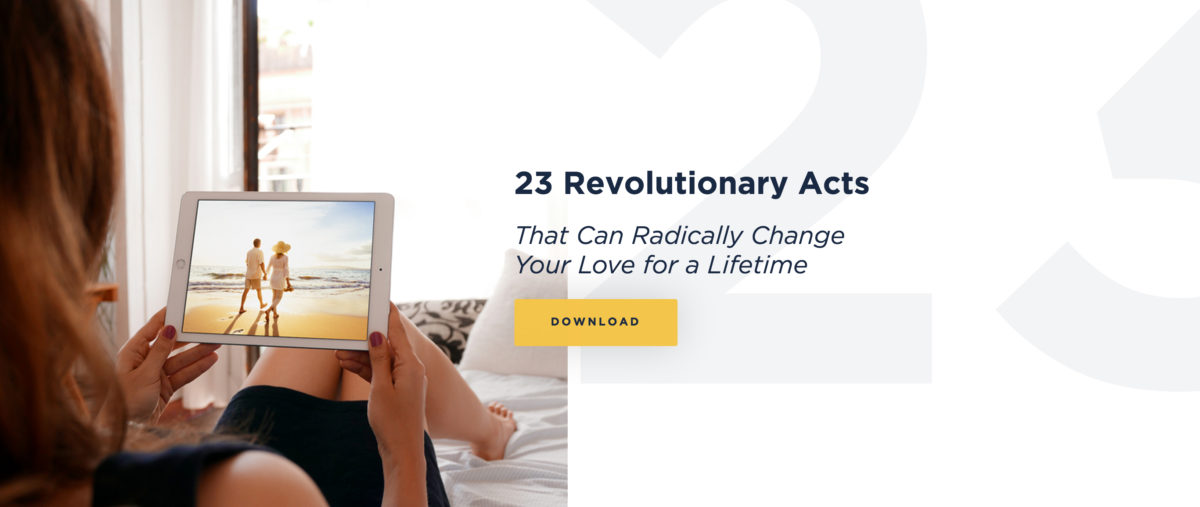“How do we find a great couples therapist?” is not a dumb question. I repeat, this is not a stupid thing to wonder. It isn’t easy to find a couples therapist if you don’t know what to look for and what to ask. Also, not all therapists are trained to work with couples even if they say they “do” couples therapy.
Couples therapy is one of the hardest modes of therapy to deliver well, and therapists need specific training to ensure they are providing the best possible service to their clients.
After a decade studying, practicing, and educating graduate school students in the art and science of performing couples therapy, I have come to understand that three key qualifiers are critical to receiving good couples therapy. I have laid them out for you here along with some questions you can ask a therapist to determine if they meet these qualifications.
First, do they use Systemic Thinking. It is imperative that a couple’s therapist thinks systemically. This means they see the couple as two individual parts while also being part of a collective whole. They need to be able to strategize and synthesize with all of these parts and work with care for each individual while keeping the relationship top of mind. This requires excellent skills in connecting with each partner and balancing attention to all aspects of the relationship without bias.
Ask potential therapists: Can you describe for me systemic thinking, and is that how you approach working with couples? Can you give me an example of how you take care of each partner while also paying attention to the relationship?
Second, have they had Specific Training. Many therapy education programs include one or two classes in couples therapy, and this is not enough. For real competency, therapists need to have further and specific training in the variety of couple issues and the best practice ways to approach those concerns. If a couples therapist has had further training, it can be helpful for you to review the concepts and philosophies of how they have been trained.
Ask potential therapists: Can you please tell me your specific training beyond graduate school that helps you work with couples? What is your philosophy of working with relationships? Is there a particular model or theory you use?
Third, couples needs to be their Specialty Focus. For a therapist to be excellent at working with couples and their concerns, the couple relationship needs to be their specialty, meaning they have logged many hours working with couples. They need to have a practice set up to meet the needs of couples and also have an understanding of the ethical dilemmas that couples present. This allows them to be in the “flow” of the work, doing it day in and day out, sharp and on their game.
Ask potential therapists: Is working with couples your specialty? How often do you work with couples? Do you have the time to take on a new couple? Have you worked with (your specific concern) before?
By using these three talking points with potential therapists you should be able to clearly identify who is best prepared to work with your couple relationship. A good couples therapist should be able to easily answer these questions giving you assurance that they are a true professional.
In the next post, How to find a good couples therapist, Part Two, I will give you six questions that can help identify if a couples therapist might be the right fit for the issues you have in your relationship. These questions will help you find the best match, saving you and your partner time and energy.
Don’t want to go to call a couples therapist yet? Going through the Relationship Reset Experience is the perfect first step to making your relationship better. It brings all the wisdom of a couples therapist directly to you. Give it a try!
Until we meet again—Love each other well

